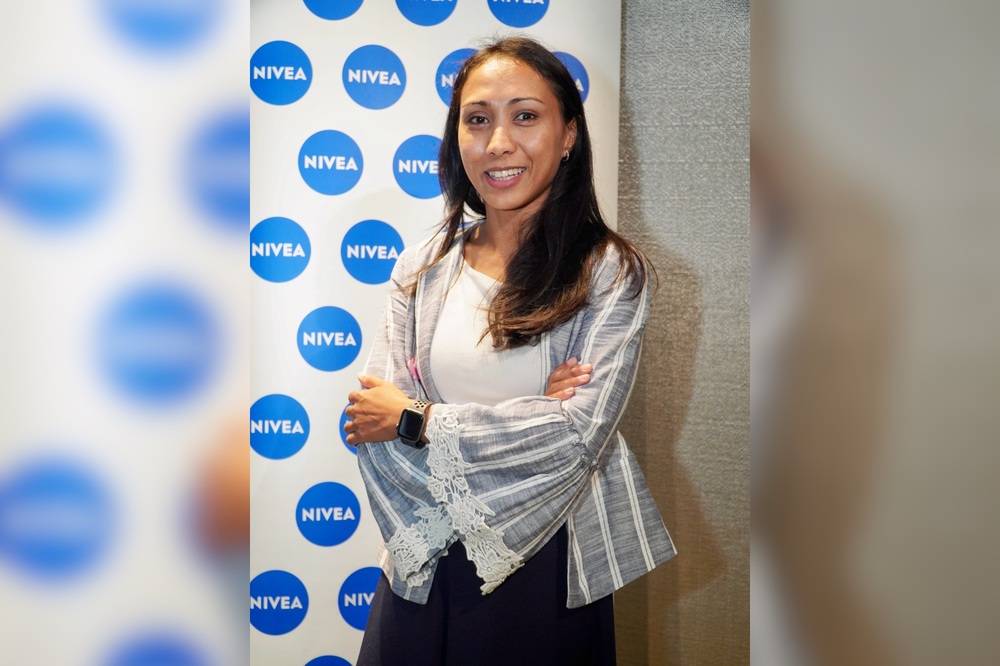High divorce rates among Malaysian couples, following breast cancer diagnosis
As patients grapple with the physical and psychological challenges of treatment, the strain on relationships can become overwhelming.

Women breast cancer survivors in Malaysia encounter several challenges after surgery, one significant issue being the elevated divorce rate following a breast cancer diagnosis.
The rising divorce rates among Malaysian couples following a breast cancer diagnosis have sparked a crucial conversation about the emotional and relational toll of the disease.
As patients grapple with the physical and psychological challenges of treatment, the strain on relationships can become overwhelming.
This concerning trend highlights the urgent need for better support systems for both patients and their partners, emphasising the importance of navigating this journey together in order to foster resilience and understanding during such a challenging time.
Pantai Hospital Kuala Lumpur Consultant Clinical Oncologist, Dr Nur Fadhlina Abdul Satar stressed that breast cancer survivors in Malaysia encounter various post-surgery challenges, many of which are insufficiently addressed.
She particularly highlighted the psychosocial and financial repercussions that often go unspoken.
“One of the significant social consequences is the high divorce rate after a breast cancer diagnosis, which is often linked to the impact the disease has on women's sexual well-being and relationships.
“Many survivors struggle with feelings of inadequacy, as they may feel unable to fulfil their roles and responsibilities as wives, leading to a sense of loss and strain on their marriages,” she said in a recent interview with Sinar Daily.
Another challenge is the disruption to their professional lives. Dr Fadhlina explained that these extended periods away from work due to cancer treatment result in a drop in household income, which can contribute to heightened stress levels.
The oncologist also emphasised that this financial strain is compounded by the high costs of breast cancer treatment, leading to what is referred to as ‘financial toxicity.’

“This burden often discourages women from seeking necessary treatments, as they are faced with overwhelming medical expenses. Moreover, survivors often live with the constant fear of relapse, which adds to the emotional and psychological strain they endure.
“Addressing the financial and emotional aftermath of breast cancer requires national attention, as these issues significantly affect survivors' quality of life long after their treatment ends,” she said.
Dr Fadhlina also advised married couples facing breast cancer to approach the journey together with openness, emphasising that while cancer is not contagious, mutual support and understanding are crucial in navigating this challenging experience.
“Many people may not realise that cancer is not contagious; you cannot ‘catch’ it from sleeping next to someone with the disease, as it is not a virus or bacteria. It is important to dispel this fear and understand that openness and going through the experience together is crucial.
“In Asian cultures, there is still a tendency toward secrecy or denial, with patients often saying, ‘do not tell anyone’ or ‘I can handle this alone.’ However, transparency within a marriage and family is essential, as the purpose of a partnership is to support one another through difficult times,” she said.
Dr Fadhlina added that while it is undeniably challenging due to various stress factors, the message needs to reach not only women but also young boys and men, emphasising that breast cancer is a treatable condition.
“Even after treatment or surgery, while your wife may be different in some ways, much of who she is remains the same,” she emphasised.











